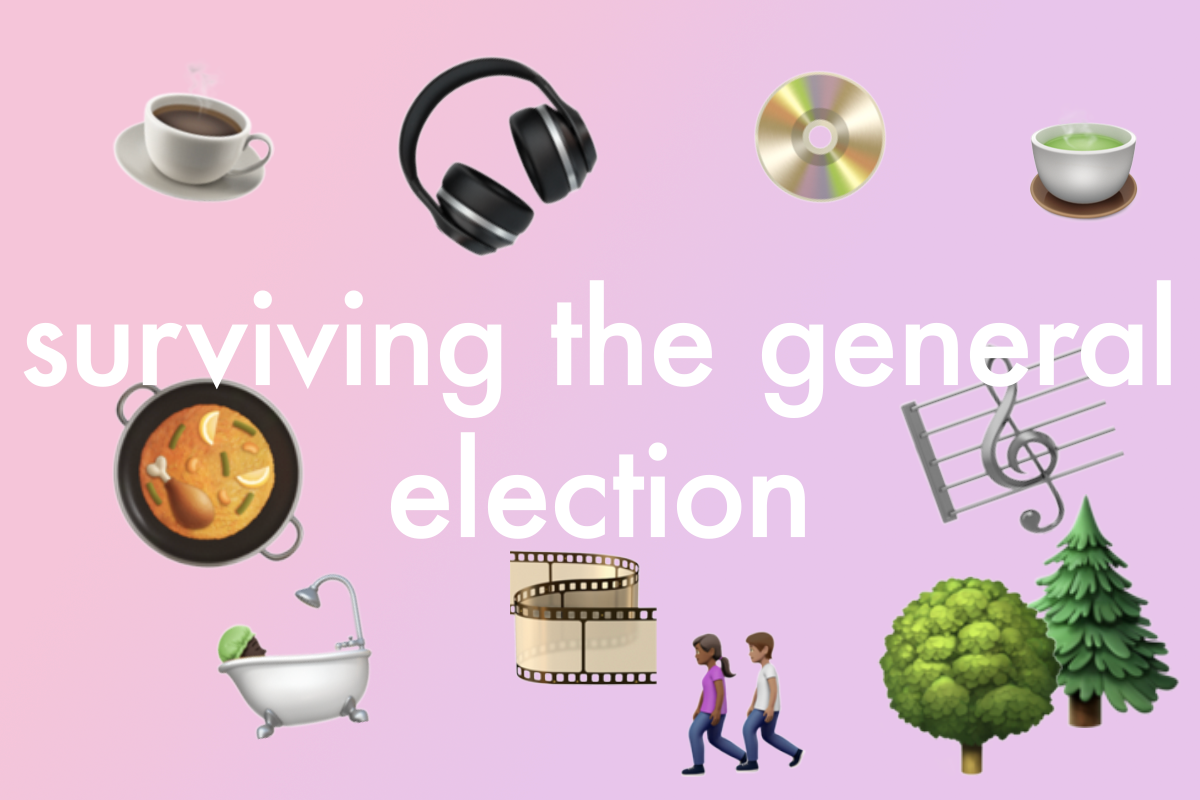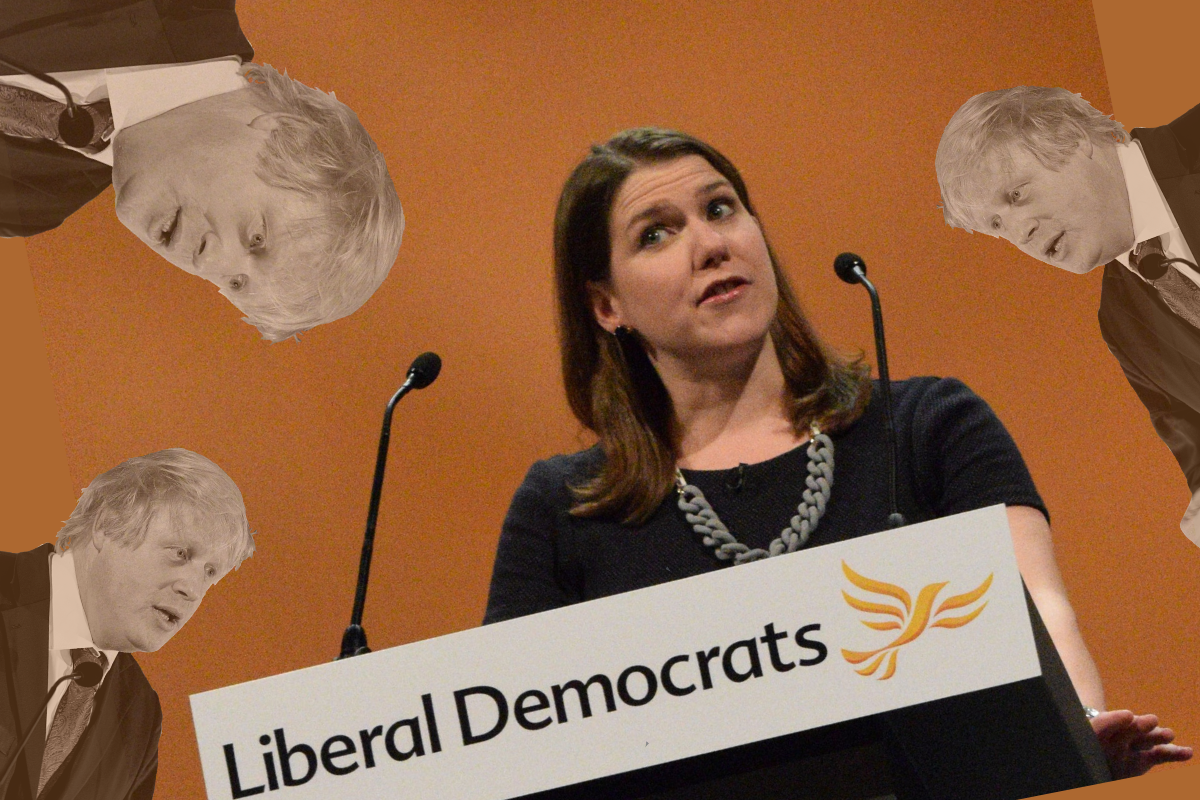
With the announcement of the general election, set to take place on June 8, MP’s have been out in droves, pledging a number of policies. One party whose policies have come under fire of late is UKIP. Yesterday, they added to their roster of sexist and racist rhetoric with an announcement saying that, if elected, it would back mandatory Female Genital Mutilation (FGM) checks on all girls upon returning from certain countries, as part of their “Integration Agenda”.
FGM is a practice whereby the genitals are cut/changed, for no proven medical purpose. It was outlawed in the UK in 1985, with a further ruling made in 2003 which extended the points outlined in the 1980’s ruling, declaring it illegal for UK nationals to leave the country in order to perform the procedure. Additionally, the 2003 act increased sentencing from five to 14 years in prison if anyone was found guilty of administering the procedure.
“The most concerning element of UKIP’s sudden fascination with FGM is that it constitutes part of their election campaign”
Progress has been made with regards to curtailing the practice. Organisations such as FORWARD and Daughters of Eve have long been at the forefront of the eradication of FGM, working with certain groups in order to ensure that no child goes unprotected. FORWARD, for example, recently launched a youth website aimed at people aged 11-25, offering information on the practice as well as providing support for those who have been cut.
Services like these are what is needed in order to end the practice, these are organisations run by those who have experience in dealing with FGM and are aware of the varying cultural practices that often come with it. The issue, however, with UKIP’s pledge for mandatory checks, is that it alienates the very communities that need the most support where FGM is concerned. Furthermore, it isolates the young people who all too often are either unaware of the physical or emotional implications of the procedure, or are fighting with their elders to avoid having the practice performed on them.
The pledge has, unsurprisingly, been met with opposition and disbelief. Anti-FGM campaigner Nimko Ali tweeted: “We cannot and we will not #endFGM by breaching girls other fundamental human rights. We will [isolate] those at risk & empower abusers”.
Perhaps the most concerning element of UKIP’s sudden fascination with FGM is that it constitutes part of their election campaign, the majority of which is rife with anti-Islamic sentiment. Although the practice is not mentioned anywhere in the Qu’ran and rather predates the religion, due to its prominence in largely Muslim countries such as Somalia, Egypt and Eritrea, FGM has become synonymous with Islam, attaching more stigma to the religion.
“FGM is a practice that diminishes young people’s human rights”
In addition to mandatory checks for FGM, UKIP promises a ban on Islamic schools, face coverings in public and, perhaps most concerningly, campaigning for longer sentences for sexual grooming cases if the victim is of a different race or religion to the perpetrator.
FGM is a practice that diminishes young people’s human rights. Along with it not being a medically-proven practice, it is often executed without the appropriate consent of the young person in question. It is a practice that needs to be eradicated, through open dialogue and educating those who come into contact with children on a near daily basis, such as teachers, doctors and social workers.
What is not required is ignorant government policies based on fear-mongering, and seemingly, no insight from organisations that specialise in the eradication of the practice. It is not unwise to suggest that the mandatory checks heralded by UKIP, as well as the entirety of their “Integration Agenda” is but a scam to lure fearful voters to their lair at the expense of a religion that does not even advocate the practice, but more importantly, at the expense of thousands of young people who remain at risk.









